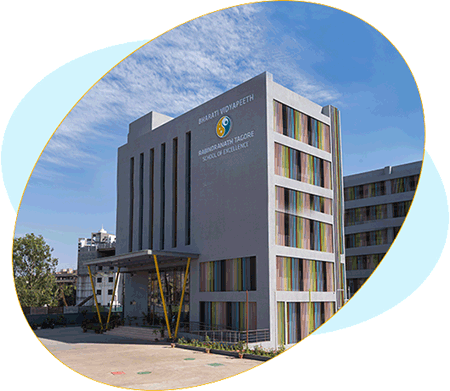IGCSE (International General Certificate of Secondary Education) and IB (International Baccalaureate) are both internationally recognized educational programs, but they have significant differences in terms of curriculum, structure, assessment, and educational philosophy. Here are the key distinctions:

Curriculum:
IGCSE:
IGCSE is a subject-specific program primarily focused on the high school level (ages 14-16). It offers a wide range of subjects, and students typically choose subjects they are interested in or required for their future studies. IGCSE is known for its flexibility in subject choices.
IB:
The IB program, on the other hand, is a comprehensive curriculum that spans the entire K-12 spectrum. It includes the Primary Years Program (PYP) for younger students, the Middle Years Program (MYP) for ages 11-16, and the Diploma Program (DP) for ages 16-19. IB aims to provide a holistic, well-rounded education.
Assessment:
IGCSE: Assessment in IGCSE typically involves a combination of coursework and final exams. Grading is often based on the Cambridge Assessment International Education (CAIE) system.
IB: Assessment in IB varies by program. In the IB Diploma Program, assessment includes internal assessments by teachers and external exams. There’s also a focus on extended essays, theory of knowledge (TOK), and creativity, activity, service (CAS) components.
Philosophy:
IGCSE: IGCSE tends to follow a more traditional and subject-specific approach. It offers flexibility in subject choice, allowing students to tailor their education to their interests and goals.
IB: IB is guided by a holistic educational philosophy. It emphasizes critical thinking, global awareness, and interdisciplinary learning. It aims to develop well-rounded, internationally minded students.
Global Recognition:
IGCSE: IGCSE is recognized by universities and educational institutions worldwide. It’s widely accepted as a qualification for entry into universities and colleges.
IB: The IB Diploma is highly regarded by universities globally. Many universities offer advanced placement or credit for IB courses, and the program is often seen as an indicator of a rigorous and well-rounded education.
Program Length:
IGCSE: IGCSE is typically a two-year program, taken during the last two years of high school (ages 14-16).
IB: The IB program can span several years, starting from primary school and continuing through the end of high school. The Diploma Program is a two-year program for students aged 16-19.
Subject Choice:
IGCSE: Students can select individual subjects based on their interests and career aspirations. It allows for a high degree of specialization.
IB: IB emphasizes a broader, more interdisciplinary education. In the IB Diploma Program, students are required to take a range of subjects, including literature, mathematics, science, humanities, and the arts.
Ultimately, the choice between IGCSE and IB depends on a student’s educational goals, learning style, and the specific opportunities available at their school. Both programs have their merits, and each can lead to successful academic and career paths.